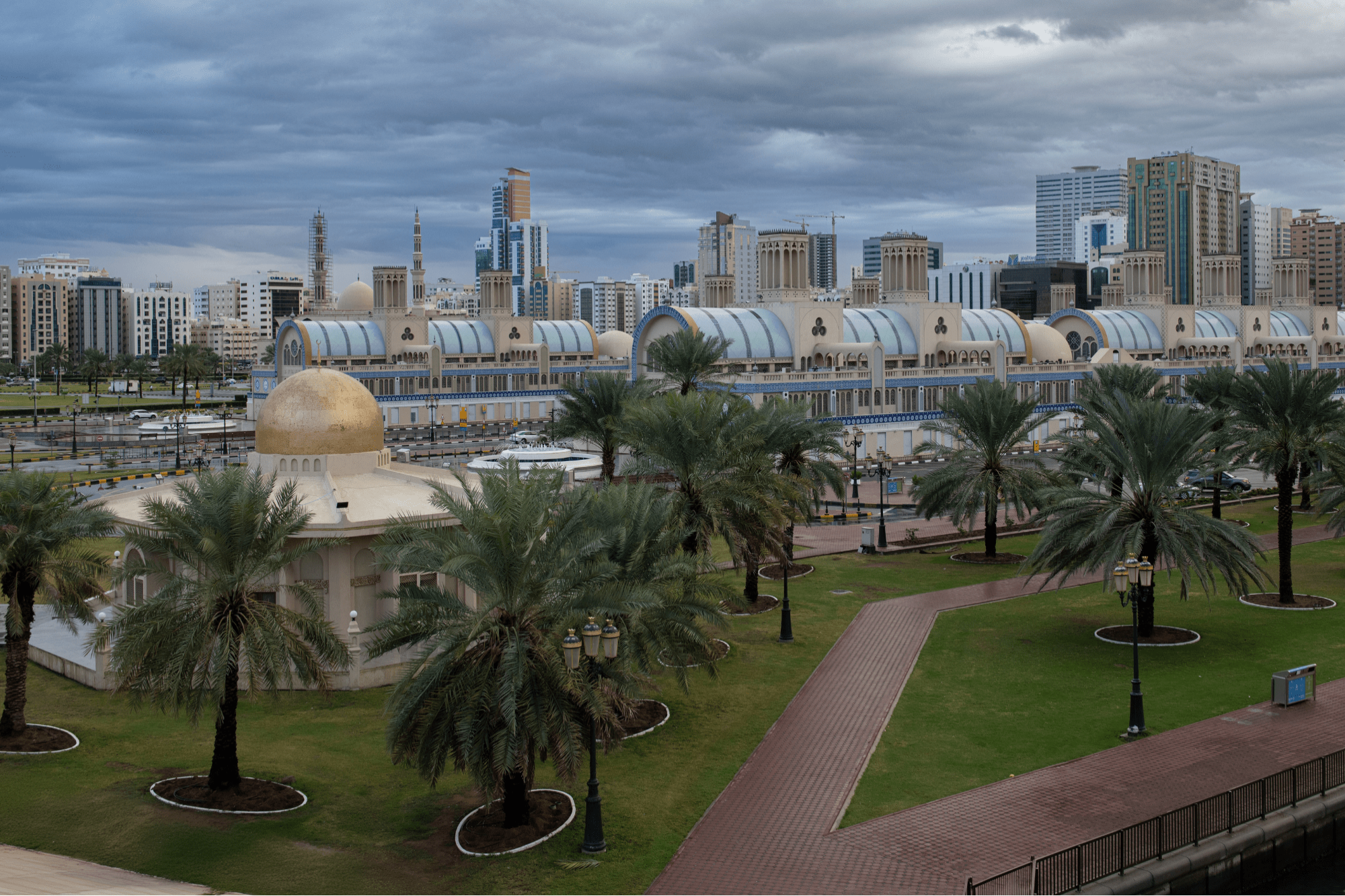Circular Economy: The Future of Business Post COVID-19 By reusing, recycling, and repurposing commodities that have outlived their initial use, the circular economy is able to generate employment opportunities, create new avenues of revenue, and fuel economic activity, while reducing some pressure on natural resources.
By Imad Jomaa Edited by Aby Sam Thomas
Opinions expressed by Entrepreneur contributors are their own.
You're reading Entrepreneur Middle East, an international franchise of Entrepreneur Media.

The world economy is still reeling from the effects of COVID-19, and in the Middle East, governments have launched funding programs for small businesses, while regional financial institutions and entities are rallying in support of the business community with various programs and initiatives. While no one has given a definite view of how the business landscape will look like post pandemic, experts have concluded that adopting circular economy strategies might be one of the best ways to ensure business recovery.
The 2020 Global Circularity Report suggests that only 8.6% of the world economy is circular. This figure compels us to think about our consumption habits, which have now drastically changed, providing us with an opportunity -on a silver platter- to give circular economy a chance to flourish.
By reusing, recycling, and repurposing commodities that have outlived their initial use, the circular economy is able to generate employment opportunities, create new avenues of revenue, and fuel economic activity, while reducing some pressure on natural resources. In doing so, we also have a scope to adopt sustainable lifestyle habits for the betterment of our communities and environment as a whole.
Brands across lifestyle and fashion that we use on a day-to-day basis have started embracing circular economy strategies in innovative ways. For example, IKEA has established its first ever secondhand store in Sweden . The brand repair or brush-up used IKEA furniture, donated at municipal recycling centers, and then sell them below their initial price. Although this is a pilot program, the company plans to review the project after six months, and determine its success to decide whether to roll out to more markets. IKEA's aim is to help people prolong the life of their products, reduce greenhouse emissions, and meet the company's 2030 climate goals.
Similarly, Adidas offers people a range of footwear that have been designed keeping recycling in mind, in an effort to keep waste out of landfill . On its website, Adidas describes its Ultra Boost DNA Loop product line as shoes customers can return once they are finished with them. Its UltraBoost DNA Loop shoes are made from thermoplastic polyurethane (TPU), and they are put together using high temperatures instead of glue. Such initiatives seem to corroborate the Circular Fashion Report 2020 – Year Zero, which states that in fashion, the circular economy is estimated to be worth $5 trillion.
Related: Shifting The UAE Towards A Circular Economy
So, how can circular economy create new streams of business post-pandemic? While people might not welcome business models that focus on "sharing" given concerns over hygiene, we could always put in place initiatives that lay emphasis on access over ownership. This way, we are able to ensure flexibility and a longer shelf-life of products used in our daily lives. People will welcome the idea of paying for a product or service only when required, rather than be under pressure to pay fixed costs to own certain products and services.
In the food and agriculture industry, circular economy strategies and initiatives, like vertical farming or local sourcing of produce, can help shorten supply chains between farmers, retailers and consumers, while creating jobs locally. A short supply chain system can provide a transparent farm to table experience for consumers, guarantee the quality of produce, and ensure sustainable business for the local stakeholders involved in the activity.
In manufacturing, we can focus on directly collecting used materials from local communities, and putting them back into production to produce new and high-quality products.
All in all, it is time for us all to make meaningful changes to our lifestyle and business. As citizens of this world, it is our responsibility to review, evaluate, and adopt strategies that serve our communities better, and most importantly, allow our environment to heal, so that our future generations can enjoy it to the fullest.











